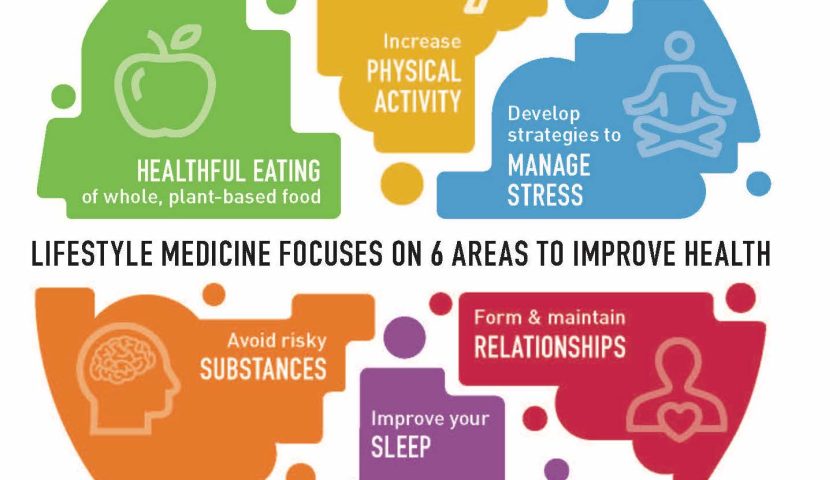Nowadays, Kashmiris are facing a dual challenge: battling the harsh cold and coping with the mental health effects of frequent power cuts and electricity shortages.
The continued power cuts have caused a wave of anxiety and unnecessary stress for the local populace.
During the winter months, Kashmir experiences widespread power outages, often leaving homes and businesses without electricity for days together.
The situation is particularly dire in Srinagar downtown and many rural pockets, where power cuts have become an unwelcome norm.
“We are used to power cuts, but these seem to get worse every year. We are without electricity for hours at a time, sometimes even days. It’s really hard to live like this,” said Ghulam Hassan, a resident of Srinagar downtown.
Fatima Begum of Bohri Kadal, Srinagar, said that they were witnessing the worst power outages ever.
“My children were preparing for their exams, but the power cuts are making it difficult for them to study. They can’t use their laptops or even charge their phones. It’s frustrating,” she said.
This lack of electricity not only disrupts daily routines but also creates a sense of helplessness and discomfort, exacerbating feelings of isolation and anxiety.
Mental health experts agree that power cuts and electricity scarcity can hurt mental health.
Talking to Dr Yasir Hassan Rather, professor at IMHANS said, “The lack of adequate heating and lighting can worsen symptoms of Seasonal Affective Disorder (SAD), while the disruption to routines and social interactions can exacerbate anxiety and depression.”
He said that it was a known fact that during winters, mood tends to remain low, functioning and social interactions are less and with less availability of electricity, limited heating access makes it more difficult for people to cope.
“Adequate external facilities bring comfort to a person and we all know that the majority of services in our house- be it lighting, heating, or entertainment are connected with electricity. However, not only do power cuts cause disturbances to our mental health by constantly keeping us in a phase of discomfort but also aggravate the already existing mental conditions like depression,” he said.
Dr Rather said that electricity is a facility that is necessary to function physically but regular power cuts, and uncertainty about schedules of electricity could also affect mental health as they induce a feeling of helplessness.
“As it’s a common thing in Kashmir, we need to equip ourselves with coping strategies like maintaining social relationships, using alternative sources of electricity, staying physically active, and countering too cold through different means to decrease the impact of power cuts and less electricity on our mental health,” he said.
HOD, Department of Psychiatry, IMHANS Kashmir, Dr Maqbool Dar told that light and mood have a direct connection.
“This is especially true during the winter months when there is less daylight. If a person doesn’t receive enough light, they may experience SAD, a type of depression that occurs during specific seasons,” he said.
He said that SAD was caused by a lack of sunlight, which could disrupt the body’s natural production of melatonin.
“This disruption can lead to symptoms such as fatigue, low mood, and changes in appetite and sleep patterns,” he said.






